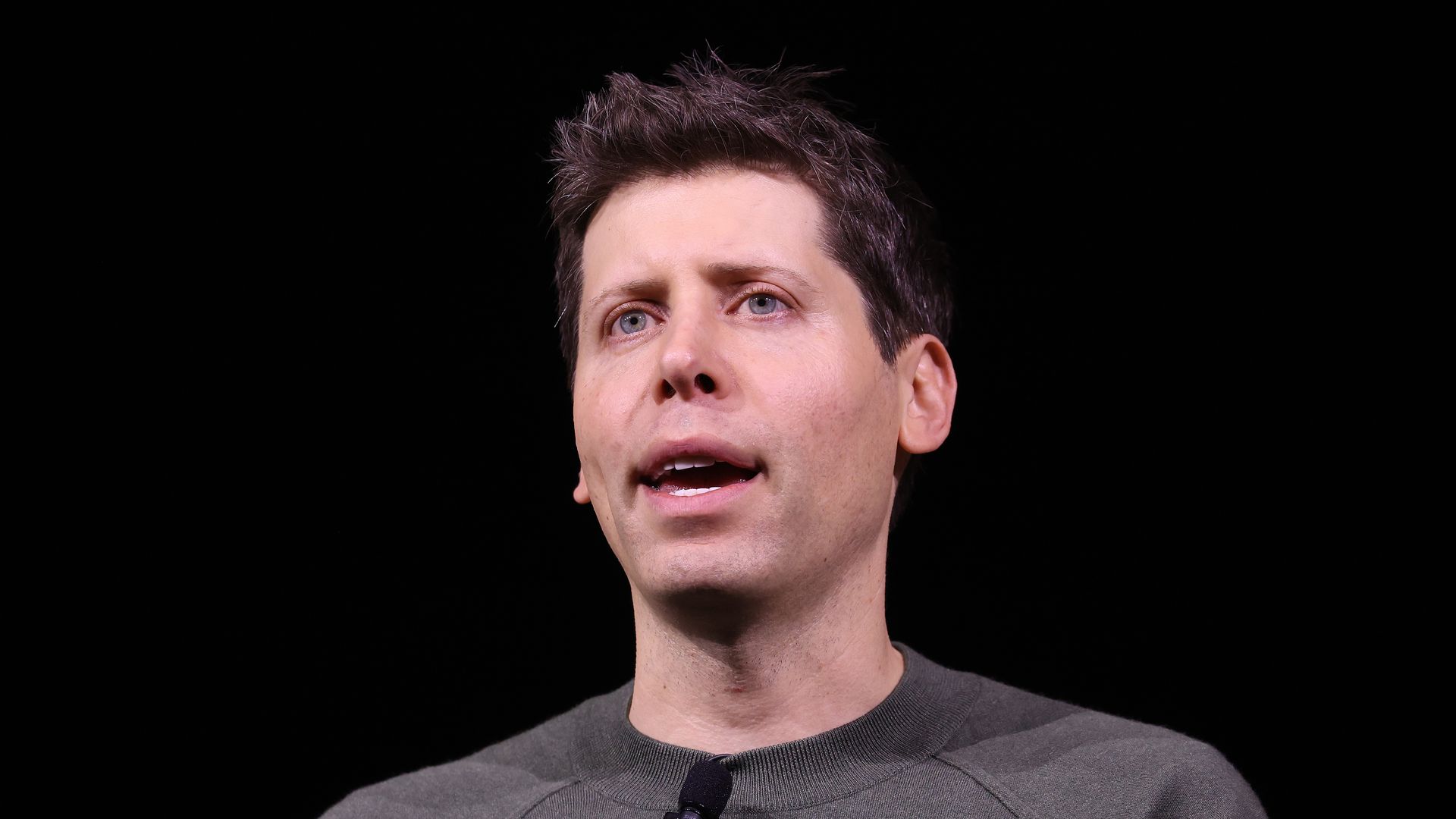- Governmental Conflict: Anthropic faces a ban on federal business following a dispute between CEO Dario Amodei and Defense Secretary Pete Hegseth regarding supply-chain security.
- Commercial Presence: The company maintains widespread adoption of its Claude AI tools among private sector organizations for automation and coding tasks.
- Market Valuation: Anthropic intends to pursue an initial public offering later this year with an anticipated valuation exceeding $380 billion.
- Financial Status: Current business operations involve a reported annual cash burn of approximately $3 billion, complicating the path to profitability without federal contracts.
- Consumer Reception: The Claude mobile application reached the top position in the Apple App Store, surpassing OpenAI’s ChatGPT following the public dispute.
- Industry Impact: Technological advancements by Anthropic are identified as a primary catalyst for the recent selloff in broader software sector valuations.
- Hardware Developments: Nvidia is planning to launch a specialized AI chip designed for inferencing, aiming to address a specific niche in their compute-heavy product portfolio.
- Market Trends: OpenAI recently secured $110 billion in new funding commitments, establishing a valuation of $730 billion ahead of its planned public listing.
By
March 3, 2026 1:14 pm ET
BPC > Only use to renew if text is incomplete or updated: | archive.li
BPC > Full article text fetched from (no need to report issue for external site): | archive.today | archive.md

Anthropic Co-founder and CEO Dario Amodei Chance Yeh/HubSpot/Getty Images
Many tech companies survive without contracts with the federal government. None are planning to go public later this year at a valuation hopefully well north of $380 billion—while still burning loads of cash.
Anthropic’s standoff with the Pentagon has snowballed into the AI company being effectively banned from doing business with any federal agency, at least according to a missive fired off by President Trump on Friday. That followed an apparently tense face-to-face meeting between Anthropic CEO Dario Amodei and Defense Secretary Pete Hegseth, who later designated Anthropic as a supply-chain risk.
That designation could impair Anthropic’s ability to work with any company that does business with the federal government. Anthropic says it will challenge that designation in court.
But even if successful on that legal front, Anthropic will likely have to go forward without the U.S. government as a customer. Guggenheim analyst John DiFucci estimates the U.S. federal government accounts for about 8%-9% of worldwide spending on software, which makes it difficult for any software vendor to ignore it as a customer.
But Anthropic isn’t your typical software vendor. The company’s Claude AI tools are widely used across large and small businesses for tasks like coding automation. That success has made it into one of the most important names in AI—Anthropic’s software was being used by the U.S. government as part of the Iran attacks just hours after the ban was announced, the WSJ reported.
The company’s announcements of new services and capabilities have been the major spark behind the “SaaSpocalypse.” That has been a brutal selloff of software stocks that has cost companies like Salesforce, Workday and ServiceNow more than one-quarter of their market capitalizations so far this year.
Anthropic, in other words, already has its hooks deep into corporate America. And the company’s resistance to the Pentagon’s demands also seems to have rallied strong support among consumers, with the Claude app hitting number one in Apple’s App Store. It also surpassed OpenAI’s ChatGPT in that ranking for the first time.
Tech companies have taken seemingly costly stands before and stuck by them. Google famously exited the Chinese internet search market in 2010 after deciding it wasn’t comfortable censoring results to abide by the government’s censorship rules. But Google was already public at that point, very profitable and generated about $8.5 billion in annual free cash flow.
Anthropic, by contrast, is reportedly burning through about $3 billion a year in cash. Losing federal-government contract dollars, and possibly more from government contractors, could dent the company’s efforts to cast itself as a stronger business than arch-rival OpenAI. The Wall Street Journal reported late last year that the company was aiming to turn a profit ahead of the ChatGPT maker, which doesn’t expect to get to that level until 2030.
Pulling that off without Uncle Sam’s support will be much tougher. It’s IPO might be as well.
This is an edition of the WSJ AI & Business newsletter, a weekly digest to help you make sense of AI’s impact on business with news, insights and data from our global team of technology journalists. If you’re not subscribed, sign up here.
Nvidia Goes After New AI Chip Market

Jensen Huang, CEO of Nvidia REUTERS/ANN WANG
Nvidia will use its widely followed GTC conference later this month to unveil a new type of AI chip, one that may fill what is seen as a notable gap in the company’s portfolio. Nvidia, by far, rules the market for compute-heavy systems that handle the training of AI models. Now it is designing a new system for AI “inferencing,” which refers to AI models generating output, according to The Wall Street Journal.
The Number
$110 Billion
The amount of secured commitments for new funding that OpenAI has received in a deal valuing the company at $730 billion ahead of an expected initial public offering later this year.
What the Humans Are Saying
“Frontier AI systems are simply not reliable enough to power fully autonomous weapons.”
— Anthropic chief Dario Amodei speaking last week before the Trump administration banned the government from working with the company.
AI in Charts
Nvidia now makes more revenue in a single quarter than most other chip companies generate in an entire year. In a turbulent market awash in a new class of AI fears, that’s no longer enough. In fact, the company’s runaway success could be seen as a sign of the industrywide destabilization to come, given the massive amounts of capital spending that are filling its coffers while financially weakening the world’s largest companies—and employers.
AI in the Wild

PhD Student Kayley Waltz reflected in a wafer. Justin T. Gellerson for WSJ
Sometime in the next 15 years, the same technology that produced the world’s first photograph will allow us to make the most powerful, densely packed silicon microchips allowed by physics. It will be a triumph of engineering—and the final step in the march of chip-industry progress known as Moore’s Law. Getting there is the multitrillion-dollar challenge the entire semiconductor industry now faces.
Other Highlights From the Week in AI
- The week the dreaded AI jobs wipeout got real.
- Trump administration shuns Anthropic, embraces OpenAI in clash over guardrails.
- Government agencies raise alarms about the use of Elon Musk’s Grok chatbot.
- What AI executives tell their own kids about the jobs of the future.
About Us
WSJ AI & Business is a weekly look at AI’s transformation of the business world. This newsletter was curated and edited by Dan Gallagher. Reach him at dan.gallagher@wsj.com (if you’re reading this in your inbox, you can just hit reply). Got a tip for us? Here’s how to submit.
Copyright ©2026 Dow Jones & Company, Inc. All Rights Reserved. 87990cbe856818d5eddac44c7b1cdeb8
Already a subscriber? Sign In



 Drone bases, aircraft shelters and radar sites were destroyed by US and Israeli strikes © Vantor 2026
Drone bases, aircraft shelters and radar sites were destroyed by US and Israeli strikes © Vantor 2026
 Large smoke plumes from the direction of Khamenei’s compound were seen across Tehran © X
Large smoke plumes from the direction of Khamenei’s compound were seen across Tehran © X Donald Trump discusses the conflict on Saturday with secretary of state Marco Rubio and White House chief of staff Susie Wiles © Daniel Torok/The White House/AP
Donald Trump discusses the conflict on Saturday with secretary of state Marco Rubio and White House chief of staff Susie Wiles © Daniel Torok/The White House/AP

 Government Agencies Raise Alarms About Use of Elon Musk’s Grok Chatbot
Government Agencies Raise Alarms About Use of Elon Musk’s Grok Chatbot Amazon Tries Its Low-Cost Approach to Winning the AI Race
Amazon Tries Its Low-Cost Approach to Winning the AI Race Meta and AMD Agree to AI Chips Deal Worth More Than $100 Billion
Meta and AMD Agree to AI Chips Deal Worth More Than $100 Billion Anthropic Accuses Chinese Companies of Siphoning Data From Claude
Anthropic Accuses Chinese Companies of Siphoning Data From Claude









